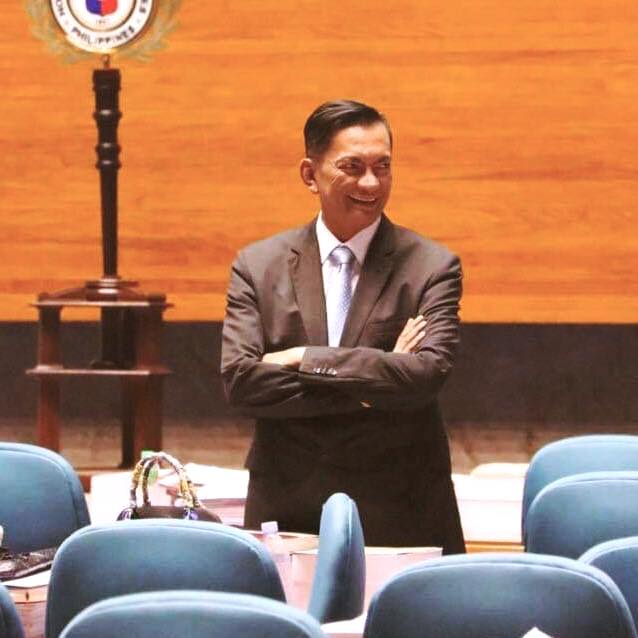News
Solon wants more access to credit for small borrowers

Salceda said small borrowers have also the paying capacity. (File photo: Joey Sarte Salceda/Facebook)
MANILA – A lawmaker at the House of Representatives on Wednesday pushed for more formal bank financing to be accessed by small borrowers, such as microbusinesses and farmers, by making credit standards fairer and more inclusive.
In filing House Bill No. 7863, Albay Rep. Joey Salceda said alternative credit scoring mechanisms must be introduced to ensure that borrowers with no previous borrowing history or conventional proof of financial capacity can gain access to bank financing.
“The problem with formal credit scoring is that it excludes those without prior borrowing history, or those without the usual assets or sales to show for. That means farmers, small businesses, and small borrowers have to resort to onerous options such as payday loans that impose interest rates of up to 20 percent a month,” Salceda said.
Salceda said small borrowers have also the paying capacity.
“After all, they make loan sharks live. But because banks do not have alternative ways of measuring their paying capacity, they do not get access to bank financing,” he added.
The bill, also known as Fair and Inclusive Credit Information and Scoring Act, mandates a credit inclusiveness study to determine whether conventional credit scoring techniques exclude specific segments of Philippine society.
It seeks to grant the Bangko Sentral ng Pilipinas (BSP) clear regulatory oversight of credit scoring methods.
The BSP can prohibit credit scoring models that are deemed to be unduly exclusionary.
A regular review of credit scoring models shall be required to assess their inclusivity.
Salceda said the bill responds to the urgent need to translate more financial system liquidity into credit in the real economy, which could help the country recover from the economic fallout of the coronavirus disease (Covid-19) pandemic.
“By allowing more people to access loans at fairer and more inclusive terms, this bill will help spur more productive economic activity in the most vulnerable segments of society,” he said. “With fair and more inclusive credit scoring, more small businesses, farmers, informal sector workers, and other vulnerable groups will be able to access more affordable credit that could uplift their economic conditions and enable them to engage in more productive economic activities.”





















